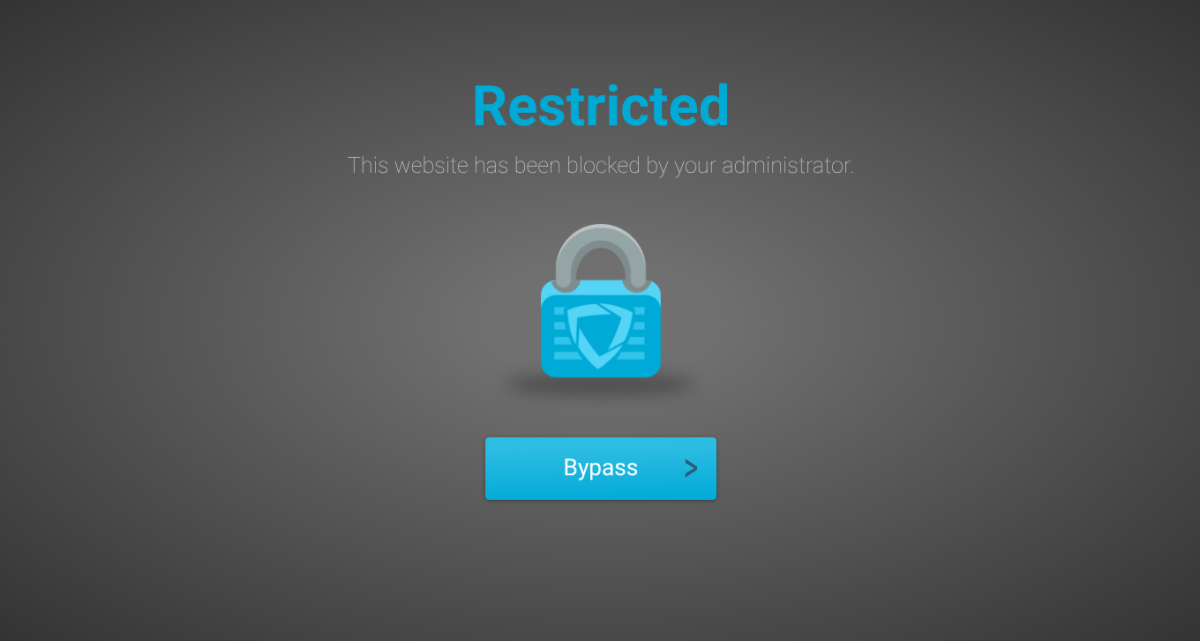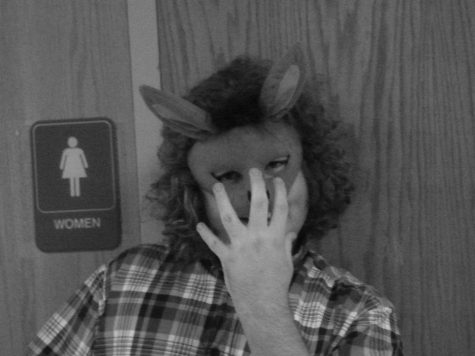The Video Game Industry Is Kinda Screwed Right Now
November 7, 2016
If you look around you, both in the digital world and in meatspace, video games are a common thread. People argue about Battlefield One versus Titanfall Two versus Call of Duty Thirteen while playing the newest base-building player-versus-player mobile games. If you read business reports, gaming companies report profit only matched by giants such as Disney. And yet the industry as we know it has only really been around for thirty years or so1.
Despite its obvious success, the core of the industry has been and will probably continue to be carried on the backs of incredibly overworked, underpaid, and totally replaceable code monkeys. The culture in the gaming world is based on “crunch time.” This is common to most industries, where prior to a large deadline there’s a period of intense unpaid overtime to finish things up. The difference is that most gaming companies are in a state of crunch 24/7, on top of the insane rate of turnover at most large companies. Something like a third of all employees in large, healthy, profitable companies are replaced each year. The logic behind each of these is sound: if you’re making something as huge as a modern game, with thousands of objects, characters, weapons, voice actors, and millions of dollars on the line, it makes sense to spend a decent portion of the project frantically working around the clock- even with hundreds of people working on it, it’s a massive undertaking to make a game. The rate of turnover is even simpler- after the coders are done coding their portions, what are you paying them for? They do nothing but suck at your bottom line, so out they go.
And yet, these sound individual realizations coalesce into a toxic culture, which isn’t helped by the bloated budgets of newer big-budget games. The first Tomb Raider reboot, despite selling three million copies, was still labeled a loss, since the single-player, story-driven game had a budget of $100,000,000. The ill-fated multiplayer role-playing game Star Wars: The Old Republic had a budget of over $200 million, and as far as the author can tell, it still hasn’t broken even five years later.
The worst part? It’s really difficult to change this. People might protest and “vote with their wallets” by not buying these games, but in the end any protests would pale to the millions who pre-order their games and don’t really care either way about the working conditions. The ethics watchdogs have much bigger fish to fry, like sweatshops, and the workers themselves don’t want to speak out for fear of being blacklisted.

























